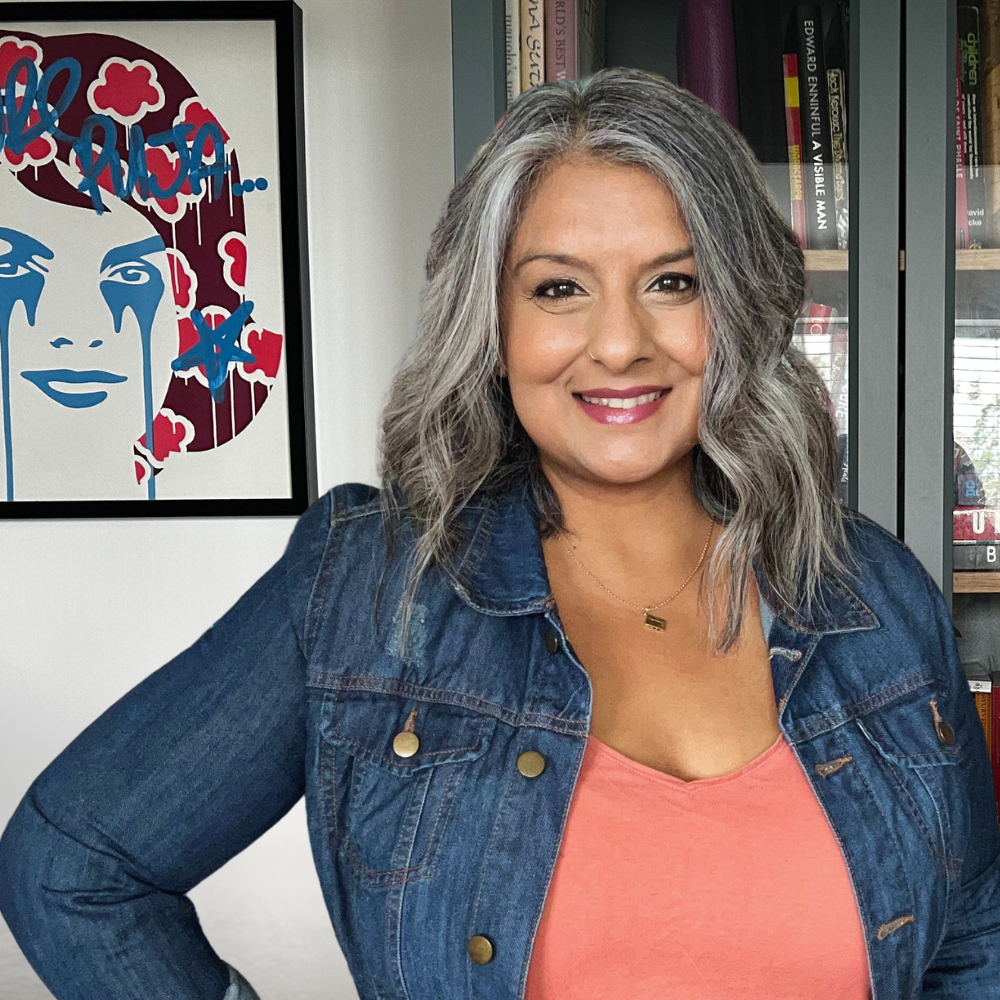
How to stop being hard on yourself
Do you struggle with being hard on yourself? Why do you do it? There are a number of reasons and I am going to address a couple of these in this post. Being a perfectionist, caring about what others think and having high expectations for yourself all contribute to you being self-critical.
It is important to note that self-criticism can be detrimental to your health. Therefore if you are being hard on yourself, it may be time to take stock of how you are feeling. You can then get the right support to help you manage this.
Why are you so hard on yourself?
The top 3 reasons my own clients are so hard on themselves include being a perfectionist, fearing judgement from others and having high expectations of themselves. Do any of these resonate with you?
You could say that these three reasons why you might be hard on yourself are intertwined and you would be right. They are intrinsically linked to each other so you can imagine how that must all be playing in your mind.
Have you noticed that you overthink a lot? This is another behaviour linked to these three reasons you are hard on yourself. If you want to break this cycle and live a happier life then you need to treat yourself with a little more compassion.
The psychology behind why you’re hard on yourself
The official term for why you are hard on yourself is self-criticism. Self-criticism is often cited as a pre-condition for self-improvement and growth – almost as a way to justify the behaviour. It is not.
However, research in the US, Canada, Israel, and Europe converges in showing that self-criticism, as measured by very simple self-report questionnaires, contributes to depression, anxiety, eating disorders, substance use disorders, juvenile delinquency, physical health conditions, and even suicidality.
This should make you take a bit more notice about your behaviour because essentially, self-criticism leads to mental and physical disorders. “Self-criticism derails people’s social environments. It propels people to generate interpersonal stress (e.g., be involved in quarrels and beget rejections), and it interferes with people’s ability to experience positive, enjoyable life events (such as having fun with friends) and to mobilise social support in times of need.” – Golan Shahar Ph.D
Practical tips to help you stop being so hard on yourself
When self-criticism has already been translated into a mental disorder, usually extensive psychotherapy is needed. However, if you can assess yourself and feel as though you can manage your behaviour, then these tips may be helpful.
1. Meditation
You may need to find a guided meditation specifically for this activity. Talking to your inner child is a great way to build more compassion for yourself. The reason you need to build more compassion is so that you know when you are doing too much. Most importantly, by being compassionate with yourself, you can create better ways to cope.
2. Be your friend
Take a step outside of yourself and imagine that it was someone that you loved deeply feeling the way you do. Being self-critical is not a pleasant experience. How often do you cry or become frustrated easily? When was the last time you said that you were happy? This is another way to be compassionate towards yourself. What would you tell your friend? Better yet, do this exercise in the mirror and take your own advice!
3. Ask yourself
What’s the worst that could happen? If you keep juggling all of those balls, eventually one or all will fall. Work on answering this question for all of the many tasks you feel you have to do. When you step back, try to evaluate what is possible without hurting you and just do that.
The benefits of being less self-critical
If you are serious about working on your self-criticism, you will need to understand how much this will benefit you. It is not just about feeling better. Being less self-critical can also help you make better decisions and waste less time and emotional energy.
Learning to create boundaries with yourself can go a long way in helping you not be so hard on yourself. Unlearning self-critical behaviour takes time and practice. You will need to choose to make an active effort to change. Should you struggle with doing this for yourself, seeking counselling or coaching will be extremely helpful.

Hi, I’m Puja! I’m all about helping driven, purpose-led people create success that actually feels good—without losing themselves along the way.
I mix deep coaching with practical strategies and a soulful perspective to help you thrive in your work, life, and well-being.
This is where I share stories, ideas, and inspiration to spark bold thinking and a more meaningful way of living.
Discover more: SIMPLY WELLBEING SUBSTACK
Registered address: 3rd Floor, 86-90 Paul Street, London, EC2A 4NE
© 2025 Frankly Coaching Ltd.